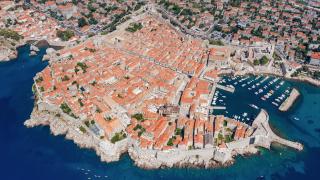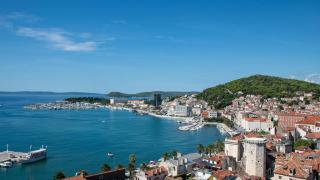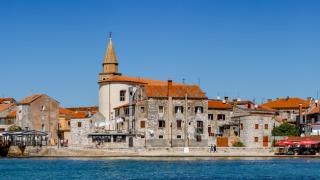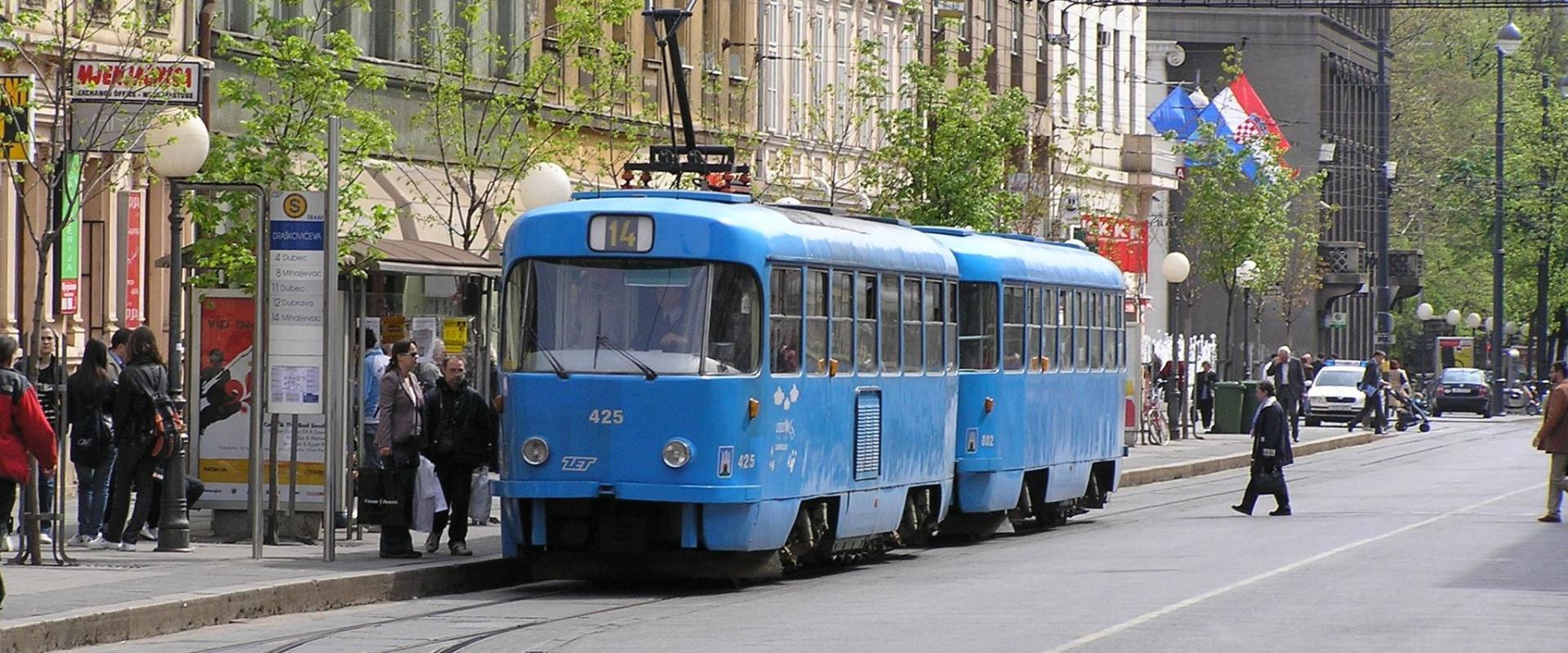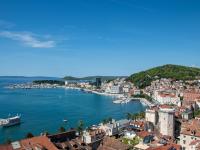Introduction
Buses play a central role in both local and intercity travel. They connect major cities, towns, and rural areas. Most routes operate daily, with departures every 30 to 60 minutes on busy lines. Buses are often the most cost-effective transport option for travelers. Fares for intercity routes typically range from 5 to 30 units, depending on distance. Travel times vary: Split to Zagreb takes about 5 hours; Rijeka to Zagreb about 2.5 hours. Buses are reliable and usually equipped with air conditioning and comfortable seats. Many offer electrical sockets and sometimes WiFi. Luggage storage is available under the bus for larger bags. Pets and bicycles are not allowed. During peak season, buses can be crowded and delayed. Seat reservations are recommended for long journeys. This article covers bus networks, ticketing, onboard facilities, and essential travel tips for efficient bus journeys.
Bus Network Overview
Bus services in Croatia include:
- Local buses: Operate within cities and towns. Frequent stops. Run every 10-30 minutes during peak hours.
- Intercity buses: Connect major cities like Zagreb, Split, Rijeka, and Dubrovnik. Departures every 30-60 minutes on busy routes.
- International buses: Routes to neighboring countries. Main destinations include Slovenia, Bosnia, Serbia, and Germany.
Major operators:
- Autotrans: Largest national company. Covers coastal and inland routes.
- Flixbus: International operator. Runs cross-border and domestic lines.
- Arriva and Croatia Bus: Serve regional and long-distance routes.
Coverage:
- Buses reach almost all towns and villages. Major tourist destinations are well connected.
- Main bus stations are in Zagreb, Split, Rijeka, Zadar, and Dubrovnik.
Service details:
- Most intercity buses have air conditioning, comfortable seats, and luggage storage.
- WiFi and electrical sockets are common on newer vehicles.
- During summer, delays are possible due to traffic congestion.
- Night buses operate on some long-distance routes.
- No pets or bicycles allowed on board.
Reliability:
- Services are generally punctual. Delays may occur in high season.
- Advance seat reservation is recommended for long routes.
Ticketing and Costs
Bus tickets can be purchased at bus stations, online, or via mobile apps. Major carriers like Autotrans and Flixbus offer online booking. Tickets are also available at kiosks near bus terminals. For popular routes, especially in summer, reserve seats in advance. Seat reservations are often required for long-distance and high-demand journeys. Without a reservation, you may have to stand if the bus is full.
Typical price ranges:
- Zagreb to Split: 20–35 EUR, 5–7 hours
- Zagreb to Rijeka: 10–18 EUR, 2–3 hours
- Split to Dubrovnik: 18–28 EUR, 4–5 hours
Local city buses usually cost 1–2 EUR per ride. Intercity fares depend on distance and carrier.
Discounts and passes:
- Students, seniors, and children often receive reduced fares
- Some companies offer return ticket discounts
- Multi-ride or monthly passes are available for local routes
Refund policies vary. Most allow cancellations up to 24 hours before departure, sometimes with a small fee. Always check refund terms when booking. Budget extra for luggage fees, which are common for large bags on intercity buses.
Onboard Experience
Most intercity buses are modern and well-maintained. Newer models operate on routes between major cities. Seats are cushioned and recline. Air conditioning is standard on almost all long-distance buses. Many vehicles offer electrical sockets for charging devices. WiFi is available on some buses, but not guaranteed. Local city buses are older and may lack these amenities.
Luggage storage is provided under the bus for large bags. Overhead racks are available for small items. Each passenger can usually bring one large suitcase and one carry-on. Extra bags may incur a fee, typically 7-10 HRK per item.
The following items are not allowed:
- Pets (except service animals)
- Bicycles
- Hazardous materials
Eating and drinking are generally permitted, but alcohol is prohibited. Smoking is not allowed on any bus.
Accessibility varies. Newer intercity buses may have low floors or lifts for wheelchairs. Older buses and local lines may not be accessible. Notify the carrier in advance if you need assistance.
Passengers must remain seated while the bus is moving. Seat belts are provided on most long-distance buses and must be used where available.
Practical Tips and Safety
Arrive at the bus station at least 15 minutes before departure. Boarding can take time, especially on long routes.
Expect delays during peak season. Traffic congestion is common in summer, especially on coastal routes. Buses may leave late or arrive behind schedule.
Purchase a seat assignment for long journeys. This ensures you will not have to stand.
Keep your ticket and ID accessible. Conductors may check tickets during the trip.
Store large luggage in the compartment under the bus. Keep valuables, documents, and electronics with you at all times.
Use overhead racks for small bags. Always keep your belongings in sight.
Watch for pickpockets at busy stations and on crowded buses. Secure zippers and avoid displaying cash.
If you do not speak the local language:
- Show your ticket to staff for help
- Use translation apps for basic questions
Emergency contacts:
- Note the bus company’s phone number from your ticket
- In case of emergency, call 112 for immediate assistance
Pets and bicycles are not allowed on buses. Plan alternative transport if needed.
Conclusion
Buses offer reliable, frequent connections between cities and towns.
Advantages:
- Extensive network covers most destinations
- Modern vehicles with comfortable seating
- Affordable ticket prices compared to other transport
Final tips:
- Reserve seats early in high season
- Arrive 15 minutes before departure
- Check luggage and pet restrictions
Buses are a practical choice for most travelers. They suit both short and long journeys. Consider buses for efficient, budget-friendly travel across regions. Plan ahead for a smooth experience.
